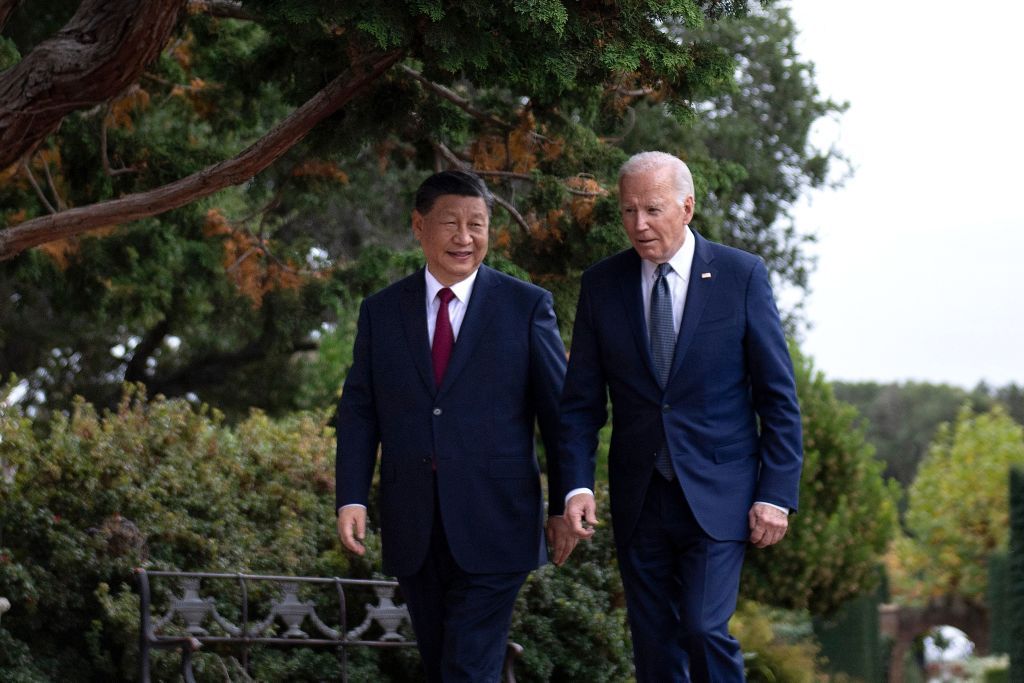President Joe Biden is set to meet with Chinese President Xi Jinping on November 16 during the Asia-Pacific Economic Cooperation (APEC) Summit in Lima, Peru. This meeting may be the last between the two leaders during Biden’s presidency, as he will be replaced by President-elect Donald Trump in January 2025. One of the key topics on the agenda for the meeting is Ukraine, with Biden expected to express his concerns about China’s support for Russia in its conflict with Ukraine. The Pentagon confirmed that North Korean troops have joined Russian forces in combat operations in Kursk Oblast, raising further concerns about stability in Europe and the Indo-Pacific region.
The White House has expressed worries about the consequences of China’s involvement in supporting Russia’s actions in Ukraine, including sanctioning Chinese companies involved in the production of drones used in the conflict. Despite Biden’s efforts to address the situation, his status as a lame-duck president may weaken his position in negotiations with Xi. U.S. Secretary of State Antony Blinken has vowed to continue supporting Ukraine and NATO’s response to North Korea’s deployment alongside Russian forces. The upcoming meeting between Biden and Xi follows their last encounter in 2023 during the APEC Summit in San Francisco, where the topic of Russia’s aggression against Ukraine was also discussed.
During a campaign rally in Michigan, former President Donald Trump referred to Russian President Vladimir Putin and Chinese President Xi Jinping as “smart, tough” leaders who have a strong love for their countries. This characterization of Putin and Xi sheds light on Trump’s perspective on international relations and leadership styles. The remarks made by Trump during the rally hint at his admiration for these world leaders, despite ongoing geopolitical tensions and conflicts involving their respective countries. It is important to consider the implications of such statements on U.S. foreign policy and relations with Russia and China.
The escalating military involvement of North Korean troops alongside Russian forces in Ukraine’s conflict has raised concerns about the broader implications for stability in Europe and the Asia-Pacific region. The joint operations in Kursk Oblast have sparked worries about the potential outcomes and the need for international efforts to address the situation. Biden’s upcoming meeting with Xi Jinping presents an opportunity to address these pressing issues and discuss ways to promote peace and stability in the region. The involvement of China in supporting Russia’s actions in Ukraine adds another layer of complexity to the ongoing conflict and requires diplomatic efforts to navigate.
As Biden prepares to meet with Xi Jinping on the sidelines of the APEC Summit, the focus will likely be on addressing the crisis in Ukraine and the implications of China’s support for Russia. The U.S. government, led by Biden and Secretary of State Blinken, has expressed concerns about the destabilizing effects of the conflict and the need for a firm response to address the situation. The meeting between Biden and Xi will be crucial in determining the next steps in addressing the crisis and promoting peace in the region. The discussions between the two leaders will play a significant role in shaping the future of U.S.-China relations and their impact on global security and stability.


